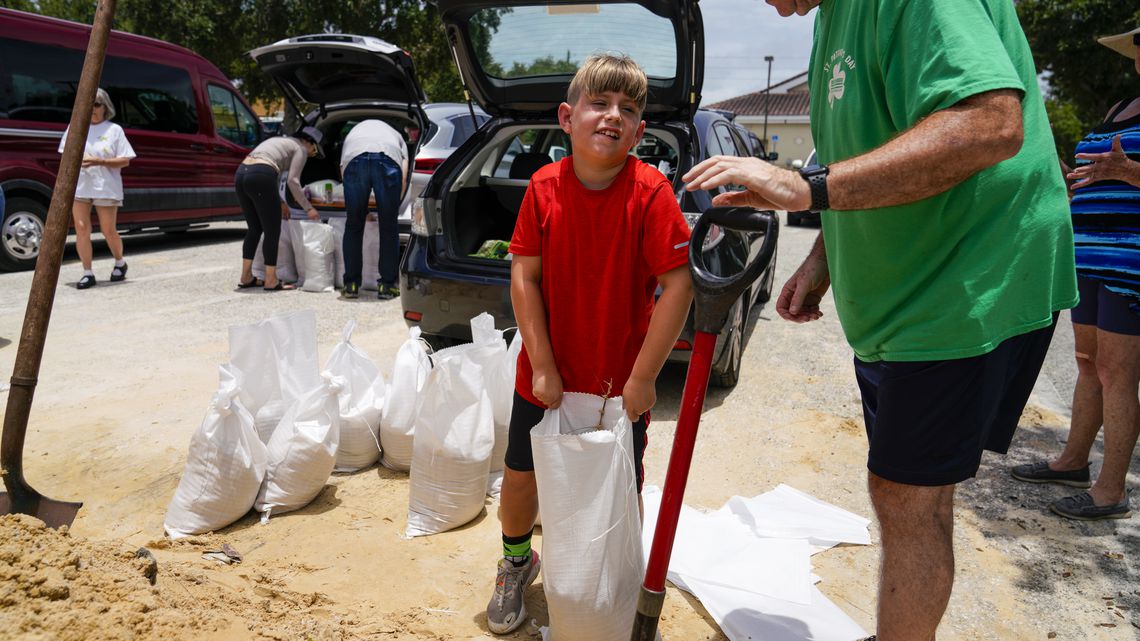
How to talk to kids about Elsa and storm preparations
Experts advise being calm and honest, but don’t scare them. Empowering them to help can ease anxiety.
Tampa Bay Times | By Sharon Kennedy Wynne | July 6, 2021
If you have the weather reports playing on a loop in your house right now, you might notice your children getting anxious as Tropical Storm Elsa approaches. Experts recommend you talk to your kids, but don’t scare them as you take safety measures.
First, explain what hurricanes are and what kind of safety measures you are taking. A tropical storm or hurricane can be destructive and dangerous, but survivable if you prepare and take precautions.
Dr. Marissa Feldman, a pediatric psychologist at the Johns Hopkins All Children’s Hospital, said having so much information at our fingertips these days is good and bad.
“There are benefits to having that easy access to information so you know a little bit more but you can also easily fall into the trap of monitoring the storm moment by moment,” Feldman said, “and having too much exposure can heighten anxiety from not knowing what to expect.”
Giving kids a job can be a helpful way to both relieve anxiety and boost their self-confidence, Feldman said. Let them help bring things in from outside that might get blown around or track down the flashlights, candles and batteries that might be needed if the power goes out.
For older children, deputize them as the weather expert. Using a map, help older children name the states and cities the hurricane is likely to strike. Have them mark where you live in the hurricane zone.
Younger children may have trouble understanding the idea of a hurricane. Talk to them instead about its effects. They need to know that a hurricane can destroy homes and leave families without food, water and electricity, but these are all survivable with preparation.
For children with medical problems or special needs, make sure you have medications and any medical supplies your child might need. It’s also a good idea to have a summary of your child’s medical history and a list of medications and even a copy of their shot record just in case.
If your child depends on technology such as a ventilator or a nebulizer machine for asthma, think about chargers or where you will go to evacuate.

Plan some fun activities if the power goes out, such as playing card games, building a fort or flashlight tag.
Before, during and after the storm, it’s important to talk to your children, according to the National Child Traumatic Stress Network. Encourage them to ask questions and express concerns. Reassure them that they are safe, stay upbeat, keep them busy and maintain regular family routines.
If your child is asking a lot of questions, be there with answers and do your best to show you are calm. If they go in the opposite direction and seem to be shutting down or acting out more than usual, that could also be a signal they are anxious, Feldman said.
“Try to keep things as normal as possible. If there’s a bedtime routine try to make sure that’s done tonight, because that also gives a sense of calmness and stability too,” Feldman said. “Things will feel a little less out of control.”
Information from Times files was used in this report.





